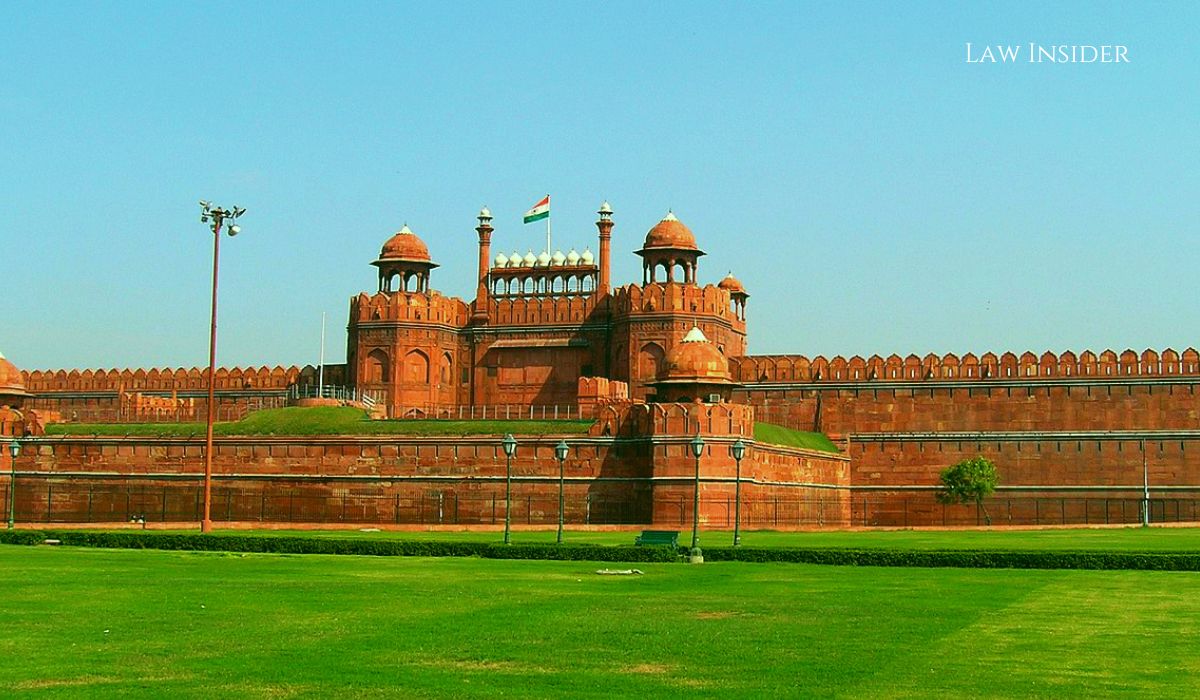Aastha Thakur
Published on: 03 November 2022 at 21:00 IST
The Supreme Court recently upheld the death sentence given to Lakshar-e-Toiba militant Mohammed Arif for the 2000 Red Fort Attack case, which caused the deaths of three people including two army officials. His review petition, which challenged his conviction and punishment, was rejected by the court.
The bench comprising of Chief Justice UU Lalit, Justice S Ravindra Bhat, and Justice Bela M Trivedi stated that when terrorist attacks threaten the unity, integrity, and sovereignty of India, those acts are regarded as the most aggravating factors. The court also stated that this aspect entirely outweighs any other factors that can be mentioned as mitigating circumstances in the case file.
Background of Case
On 22 December some invaders started firing and killed three persons including two Janwans belonging to 7th Rajputana Rifles. Mohd. Arif, admittedly a Pakistani national, was arrested on December 25, 2000 in this case. The accused was awarded death sentence for his crime and the sentence was upheld by the Delhi High Court by an order dated September 13, 2007.
The review petition was filed against this order in Supreme Court and the court upheld his death sentence. The court observed that, “It was an attack on Mother India. This is apart from the fact that as many as three persons had lost their lives. The conspirators had no place in India. Appellant was a foreign national and had entered India without any authorization or even justification.”
“This is apart from the fact that the appellant built up a conspiracy by practicing deceit and committing various other offences in furtherance of the conspiracy to wage war against India as also to commit murders by launching an unprovoked attack on the soldiers of Indian Army. We, therefore, have no doubts that death sentence was the only sentence in the peculiar circumstance of this case.“
But the Court decided to consider his review petition in 2016, based after the verdict which held that review petitions filed in death sentence cases must be heard in open court. Thus, the court put stay order on Arif’s execution on April 28, 2014 in the case.
Grounds Raised in Review Petition
The following grounds were raised in the review petition
Contention raised by the appellant accused in his review petition were in relation to the allowance of call records in absence of proper certificate under provision of Section 65B of Indian Evidence Act, 1872.
The plea also alleged the accused was ill treated during the intervening night b/w his actual arret and his formal arrest. Further, the review petition also pointed out that court never considered option of rehabilitation of the review petitioner, or whether he will continue to be threat to be society or not.
The bench observed that the decision in Anvar P.V. as clarified in Arjun Panditrao is the law declared on Section 65B of the Evidence Act. In Anvar, it was held that in the case of CD, VCD, chip, etc., the same shall be accompanied by the certificate in terms of Section 65-B obtained at the time of taking the document, without which, the secondary evidence pertaining to that electronic record, is inadmissible.
Approving this view, the court in Arjun Panditrao clarified that certificate under Section 65-B(4) is unnecessary if the original document itself is produced. The court therefore observed:
“Consequently, we must eschew, for the present purposes, the electronic evidence in the form of CDRs which was without any appropriate certificate under Section 65-B(4) of the Evidence Act…even after eschewing circumstances ‘h’ and ‘j’ which were directly attributable to the CDRs relied upon by the prosecution, the other circumstances on record do clearly spell out and prove beyond any doubt the involvement of the review petitioner in the crime in question”
One of the assertions presented in the review petition was that the courts did not take into account the possibility of the convict’s atonement and rehabilitation or the fact that he would still pose a threat to society when they delivered or upheld the death sentence.
The Center argued that the only way to effectively compensate for cases involving terrorist attacks that put India’s unity, integrity, and sovereignty in jeopardy is to impose the death penalty.
The court in his words said that, “There is nothing on record which can be taken to be a mitigating circumstance in favour of the review petitioner. The suggestion that there is a possibility of retribution and rehabilitation, is not made out from and supported by any material on record.”
“On the other hand, the aggravating circumstances evident from the record and specially the fact that there was a direct attack on the unity, integrity and sovereignty of India, completely outweigh the factors which may even remotely be brought into consideration as mitigating circumstances on record.“

